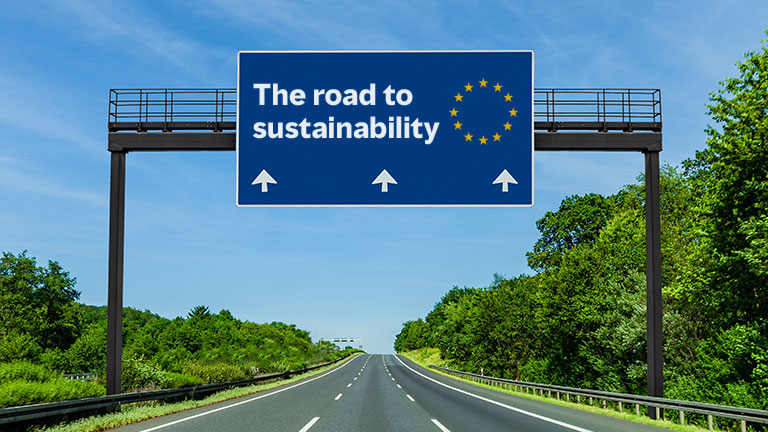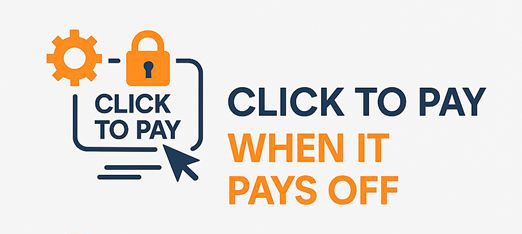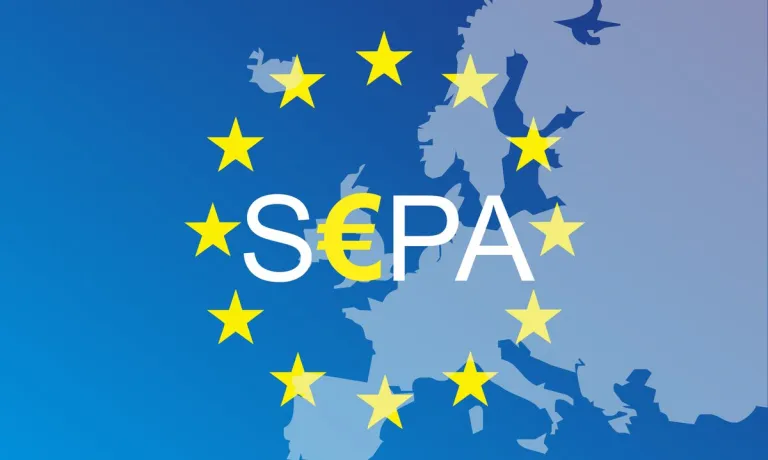CSRD: taking sustainability seriously
On 5 January 2023, the Corporate Sustainability Reporting Directive (CSRD) entered into force. This new directive applies per January 1 2024, to all large companies governed by or stock listed in the EU law or established in an EU member state. It also applies to global businesses that have operations/ securities in Europe. CSRD includes environmental impact (biodiversity, pollution, circular economy), social and community involvement, ethical business practices, and governance. CSRD modernises and strengthens the rules concerning the information that companies, including financial institutions, have to report on these topics. It is part of the European Green Deal to make the EU ‘climate neutral’ by 2050.
Big effort, but also big rewards
Financial institutions will need to ensure effective implementation of the CSRD to meet the new reporting requirements and monitor the sustainability performance of companies in which they invest. It is also very likely that the directive will lead to an increased demand for sustainable financial products and investments, which may create opportunities for (financial) institutions targeting this market.
Following the CSRD, (financial) institutions should in effect vastly improve their reporting process to provide more information on their sustainability performance. CSRD requires more than 100 ESG Key Performance Indicators (KPIs). Reporting should be according to the ESRS standards (European Sustainability Reporting Standards)
For financial institutions, several opportunities may arise as a result of the directive. One example is that there will be more demand for sustainable financial products and investments. Financial institutions that focus on sustainability and lead in this are likely to be better positioned to meet this demand.
Financial institutions that score well in their CSRD reporting can also more easily comply with ESG requirements that the EU may impose on their products in the future.
CSRD: why, who and when
CSRD has three objectives:
- Strengthen the stability of the European economy
- Promote investments in companies with a better ESG footprint
- Create a level playing field between companies with regard to ESG (through mandatory use of established standards in reporting, thus preventing ‘greenwashing’)
Who does the directive apply to?
The directive applies to European companies that meet at least two of the following three criteria:
- more than 250 employees;
- a balance sheet total of more than €20 million;
- a turnover of more than €40 million.
When must ESG reporting be in order?
The directive will be rolled out in phases: Companies already covered by the current directive from 2024, large companies as described above from 2025, listed SME companies from 2026 and non-EU companies from 2028.
How we help you comply with CSRD
Now that the contours of CSRD are becoming more and more clear, most companies in scope are wondering what this means for them in practical terms.
Already the pressure on reporting has become higher and higher, so the question is: is CSRD one to just add to the list, or should it have its own, distinctive approach because it is too much to be handled in a ‘regular’ manner? It depends on the double materiality assessment, which obliges companies to report on how their business is affected by sustainability issues, and how their activities impact society and the environment. This is a crucial instrument in determining the impact of CSRD on a company’s reporting obligations now and in the future.
Financial institutions, and payment companies in particular, must assess the products and services that have the most impact on the environment. These can cover a wide range of activities, such as information processing, vendor management as well as more physical processes such as acquiring terminals, ATMs and cards issuing processes.
CSRD Quick Scan
It is crucial to assess how your strategy and target operating model align with and impact sustainability issues. How? We have created a comprehensive Quick Scan that enables you to:
- break down the key components of the CSRD
- gather a first overview of the timelines, data and information needed
- get practical tips for implementation in your operating and reporting model
- develop digital transformation strategies
Interested in the CSRD Quick Scan? Click the button to find out more.










